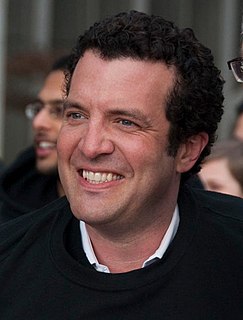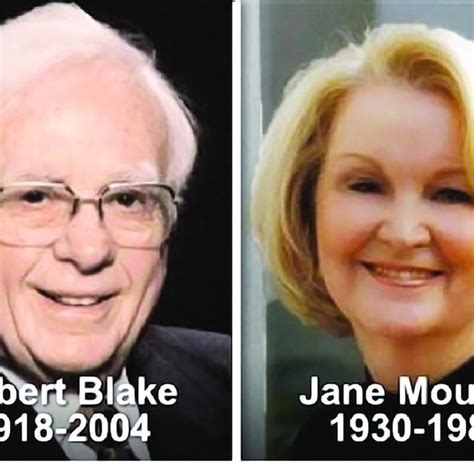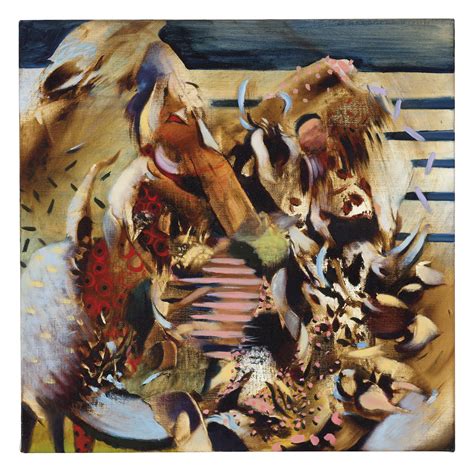A Quote by Mason Cooley
Memories contain hidden editorials on current events.
Quote Topics
Related Quotes
You could not possibly maintain the current level of government taxation without the taxes being hidden, and they are hidden in two very different ways. They are hidden through withholding, but they are also hidden by being imposed on business, supposedly on business, when really, of course, business can't pay taxes, only people can pay taxes.
We can read the paper or current magazines and learn about national and world events, think about controversial subjects, learn how to disagree respectfully, and how, finally, to act on our convictions. We can read for pure delight, and if we do this as a family or classroom or other group we can build wonderful memories.





































